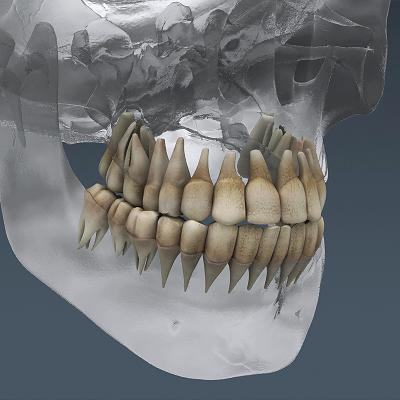Cheating death and fighting communism: that is how a fellow officer once described our job. It was meant to be funny, but as time went on it seemed all too true.
I spent more than ten years in law enforcement, all of it on the street in uniform patrol. I've been a patrol officer, instructor, sergeant and lieutenant.
Do not report crimes here. Nothing here should be considered legal advice. All opinions are my own.
Detectives can participate in a warrant service, and frequently do.
A high risk warrant service is usually handled by a SWAT team, which can have detectives on the team. Once the scene is secure, non-SWAT officers/detectives will frequently be responsible for the securing and documenting of evidence.
A detective will generall drive an unmarked car provided by the agency. The type of vehicle varies greatly. I've seen everything from a Prius to a Mustang. Most departments will go with a domestic sedan, though that is not always the case. Sometimes the detective's job will dictate the need for a different kind of car. For example, a narcotics officer will not be driving a Crown Vic. Sometimes a vehicle might be seized through civil forfeiture and be used by detectives. Unless you think the car is integral to the story go with a Ford Taurus or Chevy Impala.
Most police officers do not shoot another person. Every police officer has to make life-and-death decisions on a regular basis, including if he or she needs to use force to protect another. No one wants to shoot another person, but you have to be willing to do so if it is required to protect yourself or another person.
Get good grades, stay physically fit and stay away from drugs/alcohol/trouble. I was in high school too, but all of those things will play a role in your hiring process.
If your local department has an explorer program, check on joining that. It will give you a good amount of experience around police officers and get you some training (plus a foot in the door when you apply for a job.)
Personally, I'd avoid any kind of criminal justice/criminology degree. Stick to some kind of degree that can make you money - business, computer science, etc. Don't waste time and money on an expensive degree or go into debt for it. College debt is a trap.
Can you take college classes while in high school? I know here in Florida, juniors and seniors can often take college classes and get dual credit: high school and college for the one class. I managed to get several of my college classes done for free before I ever left high school that way.
Joining the military (any branch) will help you get hired later and will help pay for advanced education.
Inner City English Teacher
 What was the saddest student journal entry you've read?
What was the saddest student journal entry you've read?
Call Center Representative
 What is the meanest thing a caller has ever said to you?
What is the meanest thing a caller has ever said to you?
Oral and Maxillofacial Surgeon
 Do you ever operate on guys who get their jaws busted in a fight?
Do you ever operate on guys who get their jaws busted in a fight?
It depends on the laws of the state, but generally attempting to commit a crime is punishable as if you completed the crime itself. Based on your scenario, the only reason why the item was not stolen was the clerk saw the theft taking place and the thief put the item back. The intent to commit a theft existed, and the thief took an action to commit the crime, so in many jurisdictions it would be a criminal act (attempted theft or something similar.)
Consider the guy who runs into the liquor store to rob it. As he begins to demand money, the store clerk pulls out a gun and the robber flees. The robber did not succeed in the crime, but intended to rob the clerk and took some action to commit the crime. Therefore, the attempted robbery could be prosecuted.
I hope that makes sense, and these things vary from state to state depending on the laws of each.
It depends on the size of the department. For any agency of more than about 15-20 officers, the chief is not likely to be involved in any case other than as a spokesperson in a high-profile incident.
For small agencies, a chief may patrol and handle calls like the rest of the officers. There are many departments in the US where there are fewer than five officers. In those areas, the chief handles a lot of the calls and investigations.
No idea what department it is, or what equipment they have in place. The agency may have recorded video, but it is impossible for me to know.
If this lieutenant works midnights and gets off at 7 am, the time is pretty reasonable for his/her schedule and doesn't suggest any nefarious activity.
-OR-
 Login with Facebook
Login with Facebook (max 20 characters - letters, numbers, and underscores only. Note that your username is private, and you have the option to choose an alias when asking questions or hosting a Q&A.)
(A valid e-mail address is required. Your e-mail will not be shared with anyone.)
(min 5 characters)
By checking this box, you acknowledge that you have read and agree to Jobstr.com’s Terms and Privacy Policy.
-OR-
 Register with Facebook
Register with Facebook(Don't worry: you'll be able to choose an alias when asking questions or hosting a Q&A.)